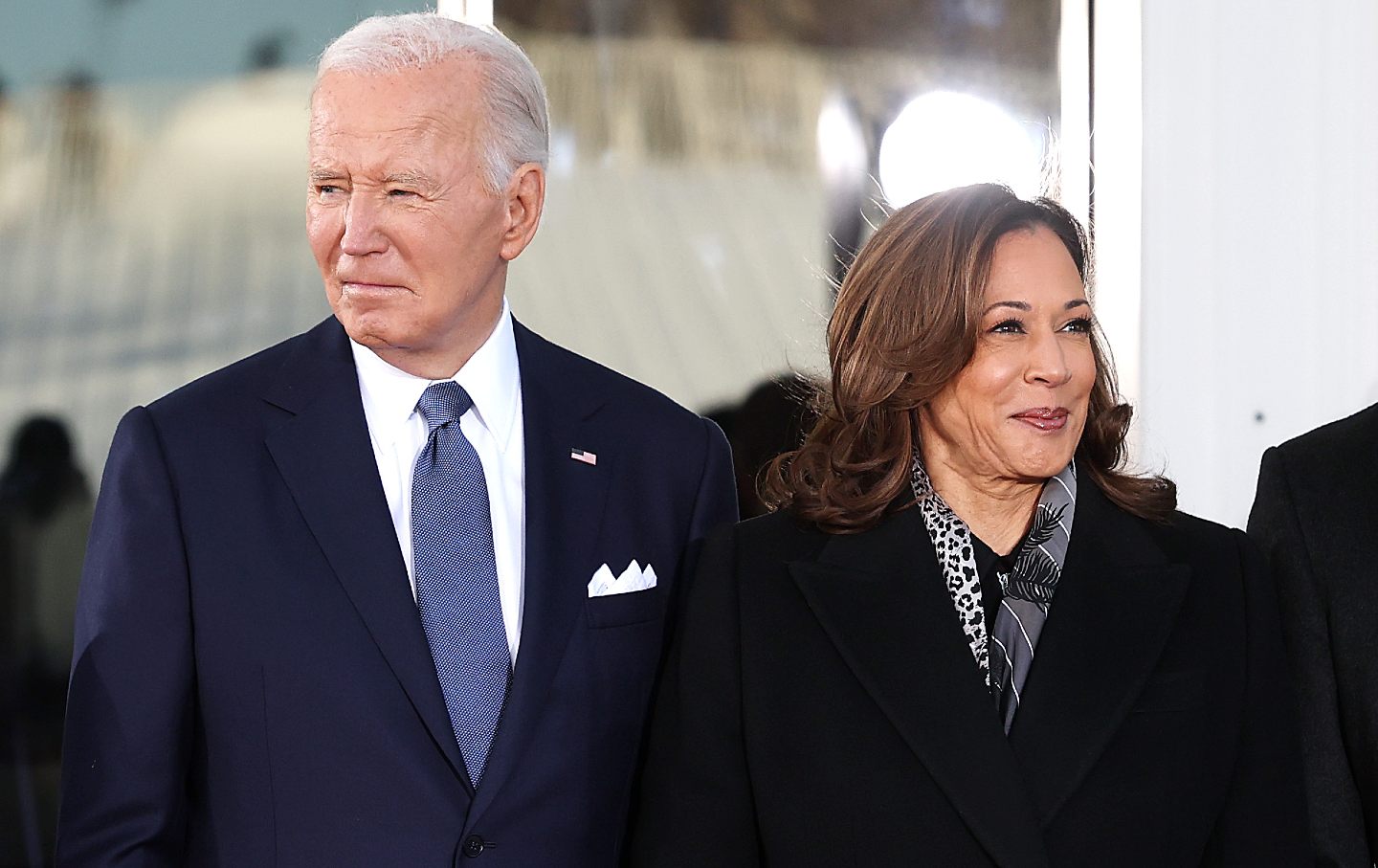
""Nothing...can sharpen the historian's mind like defeat." - Eric Hobsbawm, reflecting the value of learning from defeats and how many intellectuals have enriched our understanding from their own failures."
""In the short run history may be made by the victors. In the long run the gains in historical understanding have come from the defeated." - Reinhart Koselleck, emphasizing the long-term insights gained from those who experience defeat."
""Victory has a hundred fathers and defeat is an orphan." - John F. Kennedy, highlighting the tendency to avoid taking responsibility for loss."
"Hillary Clinton, addressing her 2016 election loss, claimed she made no significant mistakes and instead attributed her defeat to various external factors."
Defeat can provide educational opportunities for those willing to learn from their failures. Historians like Eric Hobsbawm recognize that intellectuals throughout history have often emerged wiser from their defeats. Conversely, many choose not to learn, resorting to blaming others instead. The Democratic Party has exemplified this tendency after their losses to Donald Trump, with leaders like Hillary Clinton refusing to accept personal responsibility for their failures, instead pointing to various external scapegoats for their defeats. This highlights a broader issue of how defeat is often treated with denial rather than reflection.
Read at The Nation
Unable to calculate read time
Collection
[
|
...
]